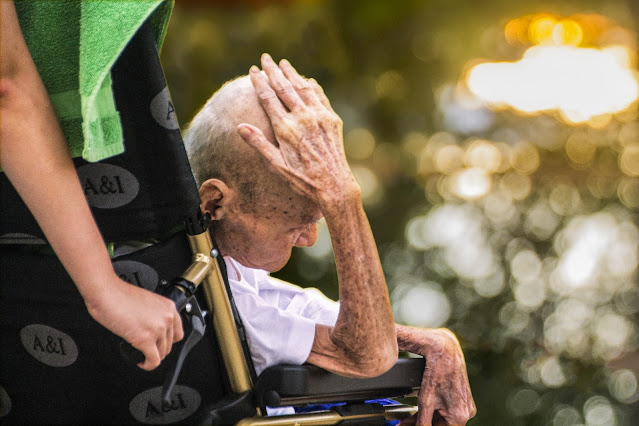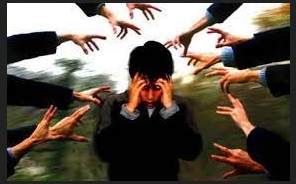Mental health nursing, conjointly called psychiatrical nursing, may be a specialised field of nursing apply that involves the care of people with a mental state disorder to assist them recover and improve their quality of life.
Mental health nurses have advanced information of the assessment, diagnosis, and treatment of psychiatrical disorders that helps them offer specialised care. They usually work aboard different health professionals during a medical team with the aim of providing the optimum clinical outcomes for the patient.
Mental illness will have an effect on people of any age, ethnic origin, or socioeconomic standing. For this reason, a mental state nurse may have to figure with varied|many alternative} people from various backgrounds Role
A mental state nurse is to blame for the
Assessment and analysis of the patient’s mental state
Development of treatment care arrange
Consultation with different health professionals concerning treatment arrange
Provision of care and psychotherapy treatment
Maintenance of medical records
Support and education to the patients and their family
This primary role of a mental state nurse is to produce care to patients with a psychiatrical disorder, mental state issue, or behavioural issues. several of the tasks performed by a mental state nurse area unit almost like that of a medical specialist and embody designation, psychotherapy, and prescription of medicines.
Some mental state nurses conjointly value more highly to specialize additional, like within the management of people with a psychiatrical disorder of a definite age or association. These could embody paediatrics, adolescents, geriatrics, habit, and uptake disorders This primary role of a mental health nurse is to provide care to patients with a psychiatric disorder, mental health issue, or behavioral problems. Many of the tasks performed by a mental health nurse are similar to that of a psychiatrist and include diagnosis, psychotherapy, and prescription of medications.
Some mental health nurses also choose to specialize further, such as in the management of individuals with a psychiatric disorder of a certain age or association. These may include pediatrics, adolescents, geriatrics, substance abuse, and eating disorders.
Training and Education
There are several training education pathways that can lead to a career mental health nurse practitioner (APRN-PMH). As it is a specialization of nursing, an individual must first complete a Bachelor degree in Nursing and pass the board examination in order to become a Registered Nurse (RN).
Following graduation and registration, they may then go on to complete a master’s degree or doctorate in advanced practice nursing, with a specialization in psychiatry and mental health. This degree includes extensive clinical experience as a core part of the curriculum and, upon graduation, the nurse may also choose to complete a one-year residency to develop their skills further.
In the United States, mental health nurses are certified as a psychiatric mental health nurse practitioner (PMHNP-BC), which is conducted through the America Nurses Credentialing Center.
Career
An individual well suited to a career as a mental health nurse may have the following qualities:
Interest in mental illness and behavioral disorders
Compassionate, empathetic, and non-judgmental
Exemplary communication skills
Emotionally stable with strong self-awareness
Problem-solving and critical thinking skills
Attentive to detail
Mental health nurses may work in a range of environments, depending on the position and the role that they play. This includes hospitals, psychiatric practices, substance abuse programs, in-home care services, and community agencies.
The work schedule of the nurse will depend greatly on the setting in which they work. For those working in hospitals or practices with round-the-clock care, it may include shifts at nighttime, on weekends, and holidays. However, those in community agencies or private practices tend to work regular daytime hours




